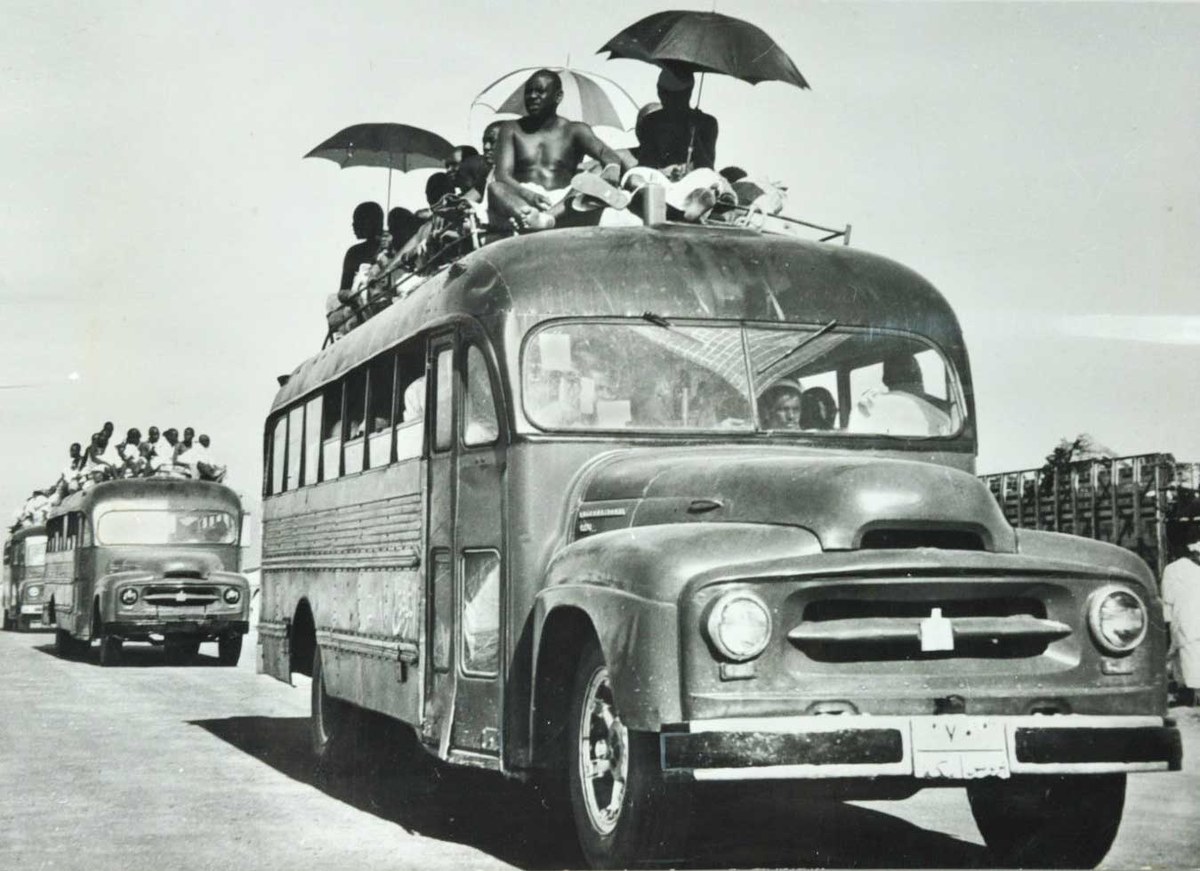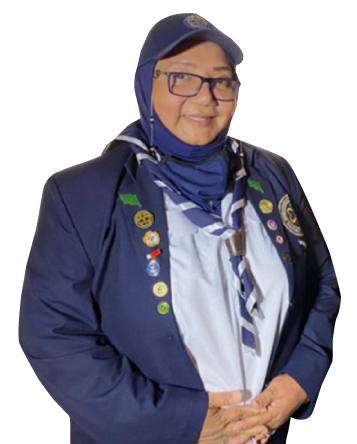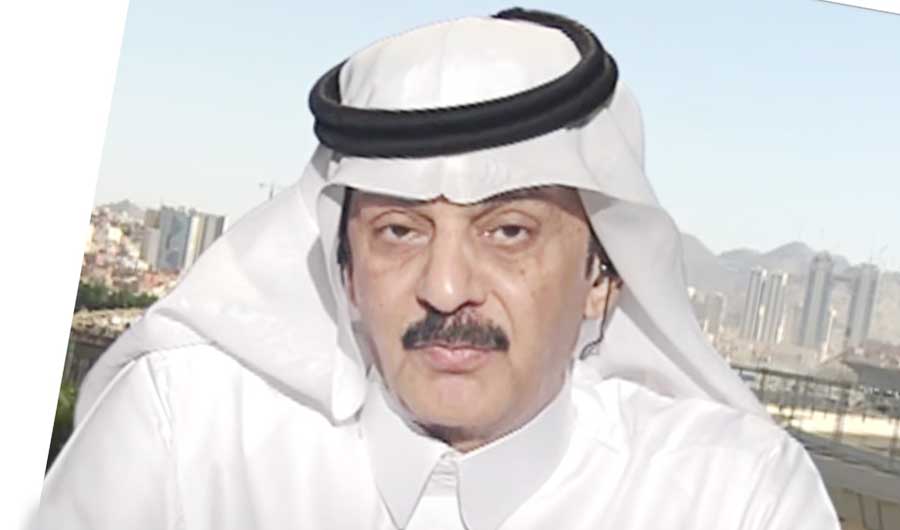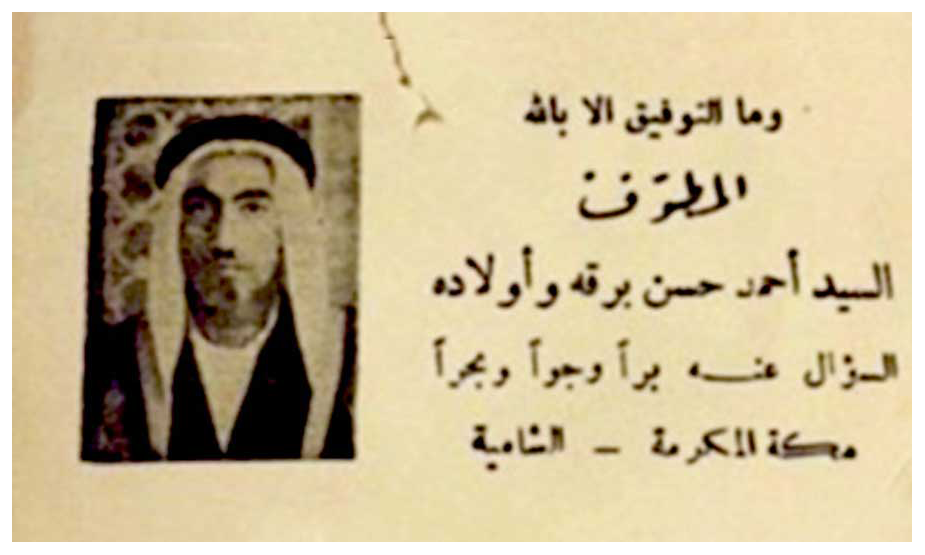MAKKAH: Shadia Jumbi has worked in the tawafa profession since she was eight years old, helping pilgrims and guiding them through Hajj.
“We are used to traveling to Indonesia, Malaysia, Thailand, the Philippines, and China to bring pilgrims who are later met at the pilgrims’ city in Jeddah. We used to receive pilgrims and supervise them during the Hajj journey in the holy sites and throughout the Hajj phases. They used to stay in Makkah for up to four months, in comparison to spending less than a week (there) at the moment.”
Tawafa establishments are a key part of the Hajj experience, managing pilgrims’ affairs upon their arrival in the Kingdom until they leave for their homeland after the holy rituals have been performed. A mutawwif is someone who has been appointed by the Ministry of Hajj and Umrah to guide pilgrims. These two elements are being brought into line with trade regimes and universal standards through development and modernization.
HIGHLIGHTS
• Shadia Jumbi recalled how pilgrims were captivated by Makkah’s communities. They learned about their customs and traditions, tried Hijazi food, and brought along their culture which merged with the Saudi culture.
• She also recalled that five stories used to be dedicated to pilgrims in Makkah’s houses, with homeowners living in the highest story. They interacted with the household members as an integral part of their Hajj experience. Nowadays, pilgrims eat, drink, and stay at hotels and camps. They do not interact with Makkah’s communities.
Jumbi, who is 70, is considered to be one of the first mutawwif in Makkah. She remembered when guides would fly to the home countries of people who wanted to visit the Kingdom, saying there were vast differences between Hajj in the past and Hajj in the present and that Hajj used to be an arduous journey for both pilgrims and mutawwif.
She recalled how pilgrims were captivated by Makkah’s communities. They learned about their customs and traditions, tried Hijazi food, and brought along their culture which merged with the Saudi culture. They witnessed Makkah’s manners which were a reflection of the host country’s manners and delivered a positive message to all their communities abroad.
“In the past, we received them in our homes, cooked for them, washed their clothes, celebrated them and invited them to join all our celebrations and occasions. They were keen to learn the Arabic language and learn about the most important places in Makkah and visit them, as well as the historic and archaeological sites.”

Tawafa establishments are a key part of the Hajj experience, managing pilgrims’ affairs upon their arrival in the Kingdom until they leave for their homeland after the holy rituals have been performed.
She recalled that five stories used to be dedicated to pilgrims in Makkah’s houses, with homeowners living in the highest story. They interacted with the household members as an integral part of their Hajj experience.
Nowadays, pilgrims eat, drink, and stay at hotels and camps. They do not interact with Makkah’s communities.
Jumbi said that the mutawwif would grow close to pilgrims and form a strong relationship and solid bond with them.
“Nowadays, the mutawwif has become a mere number in a series of the tawafa offices that are spread everywhere. They no longer play their role in supervising tourist trips and market visits and, when pilgrims get sick, we drive them to the hospital, treat them and supervise them from the moment they arrive until they leave.”

Shadia Jumbi, who is 70, is considered to be one of the first mutawwif in Makkah. Jumbi has worked in the tawafa profession since she was eight years old, helping pilgrims and guiding them through Hajj.
She spoke of farewells, tears and open arms. “When we visited them in their countries, they did not let us stay in hotels. They received us in their homes. The mutawwif was respected and, unlike today, their main role was dealing with pilgrims as a family they respect.”
Ahmed Saleh Halabi, a writer specializing in Hajj and Umrah services, said there were many benefits to tawafa institutions being transformed into companies.
“There are benefits and gains in developing the human resources working in services and administration. Their work will not be limited to working in the Hajj season alone, but also throughout the year through diversifying service programs. The role of the tawafa companies will not be limited to securing and preparing the pilgrims’ camps in the holy sites, as they will also secure housing and food for pilgrims (in Makkah and the holy sites).
“Moreover, the companies will be able to organize the visits’ program in Makkah, as well as the tourism programs in Taif and Jeddah, which means that contributors and workers in the area of providing services for pilgrims will have economic benefits, met with the pilgrims’ benefits through the services they receive.”

Mentalities must change and everyone must accept the new shift.
Ahmed Saleh Halabi
Writer specializing in Hajj and Umrah services
Halabi said that if institutions worked on diversifying their services, they would receive different sources of income and change their traditional methods of receiving pilgrims, supervising their housing, setting up their camps in the holy sites, and providing buses to transport them.
“It is hard to demand (that) contributors inject money in new companies to increase capital, however, it is possible for companies to obtain concessional loans from banks that enable them to stand strong.”
He also said that “mentalities must change” and “everyone must accept” the new shift.

Old business card of mutawwif.
“Companies now need new ideas that call for diversifying services and participating in other services that the institutions were not involved with, such as investment in transportation and food.”
He said transformation could not harm tawafa establishments and mutawwif and that he expected change to be beneficial as they could work through the year, instead of seasonally, in any profession or service.
A mutawwif at the National Tawafa Establishment for South Asian Pilgrims, Abdul Aziz Abdul Razzaq, agreed that transformation had its advantages.
These included having a memorandum of association, a statute, share certificates, and a corporate governance manual to protect the company, ensure contributors’ rights and develop the organizational structure for members and committees by choosing the skills of professionals based on adopted standards.
Other benefits were discussing strategic goals and reports in regular meetings, and getting into investment opportunities with external partnerships — for areas such as communication, housing, food and transport — as well as providing high-quality services for pilgrims, enabling contributors to trade and purchase shares in the future, raising the share value for shareholders, enabling contributors to join the service delivery companies and the possibility of entering the Umrah system in the future.

































